The Independent's journalism is supported by our readers. When you purchase through links on our site, we may earn commission. Why trust us?
10 best non-alcoholic wines that will help keep your head clear, taste-tested
From white to red and sparkling rosé, I’ve found the alcohol-free choices that won’t leave you with a hangover
If surveys are to be believed, the days of excess are over. Sobriety is the name of the game, and if you don’t want to wake up with a hangover, then non-alcoholic wines are the way to go. It’s a growing market. Sales of low and alcohol-free wines more than doubled in 2024, and it’s likely they will rise even further this year.
Winemakers are aware of this, so some big names have now entered the fray. Technology is also helping, as scientific advances make the task of removing the alcohol but keeping that specific wine flavours and aromas.
Take note, however, that some wines do have a minimal alcohol content, normally 0.5 per cent. But don’t worry, that’s not considered alcoholic; many standard items have a higher rating. Tomato ketchup, for instance, has an ABV of 0.67%.
So, if you enjoy a tipple but also like the feeling of staying sober, then here’s my pick of the best red, white and sparkling non-alcoholic wines.
How I tested
The wines were tasted in the same way that IndyBest taste-tests regular wines, by smell, by taste and by flavour, sometimes with a little food but mainly by themselves to gain the fullest impression of the wine.
When testing, I looked out for some key factors:
- Comparative taste: I looked for non-alcoholic wines that would truly compare with their alcohol loaded counterparts. So for each wine, I noticed its depth and body, whether it was dry or sweet, and whether it met expectations of the alcohol-based wine.
- Cost: Although many retailers have entered the market, alcohol-free options can be just as expensive as those with alcohol. So, I selected wines with a variety of price points, most being budget-friendly
- Variety: Wine preference varies vastly, so I made sure to test a variety of non-alcoholic wines, from crisp whites to robust reds, to see which ones tasted best
Why you can trust IndyBest reviews
John Clarke draws on his lifelong passion for wine to compile reviews and guides on the wide range of wines available to consumers. He started writing wine reviews for The Independent in 2015, and has discussed everything from Japanese koshu and Hungarian furmint to classic options. He put extensive wine knowledge to good use when testing a wide range of non-alcoholic wines for this review, offering his honest opinions on which ones are worth your money.
The best non-alcoholic wines for 2025 are:
- Best overall – Thomson and Scott noughty non-alcoholic white: £9.95, Noughtyaf.com
- Best red – Cognato dealcoholised cabernet sauvignon: £9.99, Thealcoholfreeco.co.uk
- Best sparkling white – Vilarnau 0.0% alcohol free sparkling white wine: £9.25, Amazon.co.uk
- Best sparkling rosé – Oddbird sparkling non-alcoholic rosé wine: £14.84, Thealcoholfreeco.co.uk
- Best budget buy – Codorniu zero sparkling alcohol free wine: £5.75, Ocado.com
1Thomson & Scott noughty non-alcoholic white

- Best Non-alcoholic wine overall
- ABV Less than 0.5%
- Grape Chenin blanc and chardonnay
- Vegan Yes
- Why we love it
- Creamy
- Flavoursome
- Take note
- Best served chilled
A South African wine that is produced from chenin blanc and chardonnay grapes from vineyards in the Western Cape region. The wine is left on the lees for two months and then made alcohol-free using spun cone technology. That may sound like something out of a sci-fi novel, but it just means evaporating the wine over rotating blades to reduce the alcohol.
.png?quality=75&width=608&auto=webp 608w)
The result is a wine that has the mouthfeel of its alcoholic equivalent with creamy fruit-forward flavours and a satisfying finish. Slightly more nuanced than the Eisberg pinot grigio, but both offer good value.
2Cognato dealcoholised cabernet sauvignon
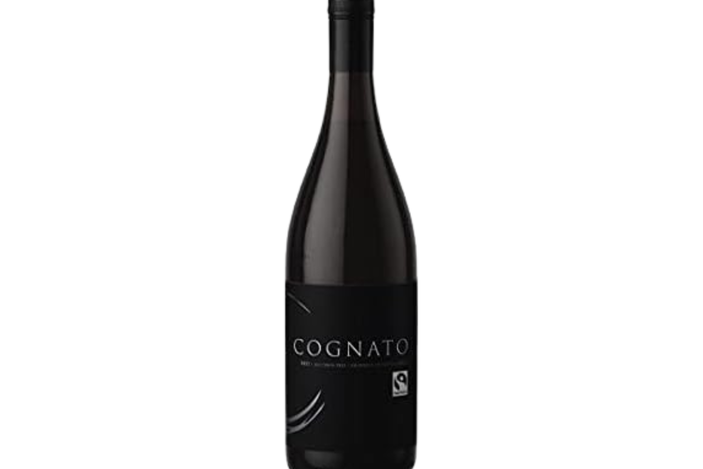
- Best Non-alcoholic red wine
- ABV 0.5%
- Grape Cabernet sauvignon
- Vegan Yes
- Why we love it
- Full-bodied and rich flavour
- Notes of red berries and ripe fruit
- Take note
- Best served slightly cooler than room temperature
Swedish cousins David Sommestad and Adam Malmnäs’s aim was to “produce an alcohol-free wine that we, as wine enthusiasts, would be delighted to savour alongside a fine meal”. Their quest led them to South Africa, where they found production partners who could supply the grapes they needed.

The picked grapes were macerated to extract colour and tannins, and after fermentation, left in the tank with the lees for a further two weeks to complete the development of the wine. Strong flavours of ripe fruit and red berries remain.
3Vilarnau 0.0% alcohol free sparkling white wine

- Best Non-alcoholic sparkling wine
- ABV 0%
- Grape Macabeo, parellada
- Vegan Yes
- Why we love it
- Effervescent appeal
- Balance between sweetness and acidity
- A barbecue favourite
A Spanish sparkler from a small but notable maker of organic cava that lies between the Monserrat mountains and the Mediterranean. Produced from the local macabeo and parellada grapes, it has instant party appeal with fine and very persistent bubbles and creamy orchard and floral flavours with a hint of freshly roasted almonds.

Not too sweet and not too acidic, either. It’s a perfectly balanced alternative barbecue wine for those who have volunteered to do the driving. It’s a great feel-good wine, as is the slightly cheaper Codorniu zero.
4Oddbird sparkling non-alcoholic rosé wine

- Best Non-alcoholic sparkling rosé
- ABV 0.5%
- Grape Chardonnay and shiraz
- Vegan Yes
- Why we love it
- Fruity notes
- A celebratory favourite
- Take note
- As with all sparkling wines, it tastes better chilled
It’s female Swedish winemaker Moa Gürbüzer who is leading the way here after she envisioned a world where asking “Would you like your wine with or without alcohol?” would become a routine question.

It’s a wonderfully sparkling rose from the Languedoc-Roussillon region of France that has been “liberated from alcohol” by using what Oddbird terms “a specialised technique designed to remove alcohol while preserving their full potential and desired characteristics”. Well, as they say, the proof is in the tasting, and beautifully fresh and rounded fruit-forward flavours of orchard, citrus, and ripe berries do make this particular sparkling wine stand out.
5Codorniu zero sparkling alcohol free wine

- Best Budget non-alcoholic wine
- ABV Less than 0.5%
- Grape Xarel·lo and chardonnay
- Vegan Yes
- Why we love it
- Fresh and zesty flavour
- Affordable price
- Take note
- Does have 0.5% alcohol content
Here’s sparkling cava-like alcohol-free wine from Catalonia’s famed Codorniu winery in Spain that gives you all the bubbles you need for a celebration without giving you the fuzzy head that could follow.

Made with chardonnay and xarel-lo grapes, it’s bright and crisp with notes of tropical fruit, citrus and apple. Enjoy it as an aperitif or as a welcome partner to seafood and salads. At less than £6 a bottle, it’s a bargain.
6Wednesday's Domaine vignette alcohol-free red wine

- Best Non-alcoholic Spanish red
- ABV 0%
- Grape Petit verdot and tempranillo
- Vegan Yes
- Why we love it
- Rich and plummy flavours
- Spicy notes
- Take note
- More expensive than most
Wednesday’s was founded in 2022 by Luke Hemsley, whose mantra is: you can have a lovely wine-drinking experience and mouthfuls of flavour without the alcohol.

Made using petit verdot and tempranillo grapes from La Mancha region of central Spain, it's a soft and fruity red that has the alcohol removed before being blended with natural ingredients to lift the body and accentuate the flavours and aromas. What comes through most is a rich and plummy flavour – think plums and damsons – with notes of spice and ginger helping to up the ante.
7Giesen 0% New Zealand rosé

- Best Non-alcoholic rosé
- ABV No more than 0.5%
- Grape Syrah and cabernet sauvignon
- Vegan Yes
- Why we love it
- Refreshing and crisp
- Only 13 calories per 100ml glass
- Take note
- No more than 0.5% alcohol
Here’s a beautifully crisp and mouth-wateringly fresh dealcoholised rosé from New Zealand. The vino is made from grapes grown in vineyards in Marlborough and Waipara, and they’re chock full of summer flavours.

Made as a full-strength wine, the alcohol is removed using spinning cone technology. It’s a good wine to choose if you’re watching the calories, as there are only 13 per 100ml glass – 80 per cent fewer calories than those present in a 12.5 per cent alcohol bottle.
8Schloss Wachenheim AG eisberg selection pinot grigio 0%

- Best Non-alcoholic pinot grigio
- ABV 0%
- Grape Pinot grigio
- Vegan Yes
- Why we love it
- Fresh and lively
- Hints of dried fruit
- Take note
- Best served 5-7C
A German pinot that has its alcohol removed using a vacuum distillation system, where the boiling point is lowered and the wine’s natural alcohol evaporates at 32C.

What remains is the actual character of the wine, with crisp and fresh citrus notes aided and abetted by welcome hints of dried fruit. This is a good wine to pair with a cream cheese or light fish dish.
9Kylie Minogue Wines alcohol free sparkling rosé wine
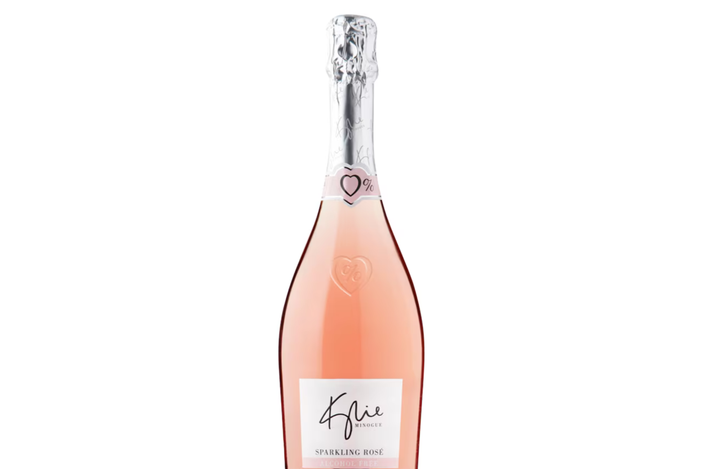
- Best Non-alcoholic party wine
- ABV 0%
- Grape Fermented grape juice with green tea
- Vegan Yes
- Why we love it
- Light and refreshing
- Summer fruit flavours
- Vegan-friendly
You can’t argue with success. Since its launch in 2020, Kylie Minogue wines has sold more than 17 million bottles globally (that’s 100 million glasses if you’re counting). And the alcohol-free version of this popular rosé has garnered the sort of praise that wouldn’t go amiss if applied to Kylie herself.

With strawberry-led fruit notes, a sparkling mouthfeel and a satisfying dry finish, this is a great option for your next party.
10Very Cautious shiraz no alcohol red wine

- Best Australian non-alcoholic wine
- ABV 0%
- Grape Shiraz, petit verdot, ruby cabernet, viognier
- Vegan Yes
- Why we love it
- Vibrant and juicy
- Soft tannins and notes of spice
- Take note
- An Australian wine that’s made in Belgium
An international story here. As it boasts on the label, this product of the famed third-generation De Bortoli winemakers has 95 per cent Australian ingredients but is actually made in Belgium.

However, despite the slightly complicated parentage, this shiraz (or syrah, if you prefer) has plush, on the nose, red berry flavours, hints of spice and pleasing tannins that should afford it a place on any dinner table.
Your questions answered on non-alcoholic wine
What is the best non-alcoholic wine?
The Noughty non-alcoholic white is the best non-alcoholic wine. It provides you with the aroma and flavours of the chenin blanc and chardonnay grapes that go into the making of it, but with the alcohol gently filtered out. I’m not saying you won't necessarily notice the lack of alcohol, but the gap between this and a regular wine is less than you might think – and it's getting smaller. If it's bubbles you're after, the best choice of sparkling, the Vilarnau 0.0% alcohol free offers them in abundance, together with a pleasing, not too sweet taste. Much the same can be said about my budget choice, the Codorniu zero sparkling, which brings in the party vibe at a very affordable price.
How is alcoholic wine made?
These are usually made by leaving out the alcohol entirely or removing it at the last moment, and it has proved difficult to replicate the flavours, mouthfeel and depth of wine without the alcohol. It’s generally easier to make the switch if you look for sweeter wines, such as riesling, or non-alcoholic fizz, which has a similar mouthfeel to bona fide bubbly.
Remember that UK government guidance specifies alcohol-free drinks can actually contain up to 0.05 per cent ABV, while dealcoholised drinks (with the alcohol removed) should have no more than 0.5 per cent. Though these are negligible amounts for most people, anyone who wants to avoid alcohol completely may still prefer to swerve some of our recommended wines.
Looking for low-ABV tipples? Read our round-up of the best alcohol-free beers
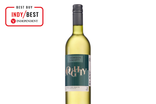
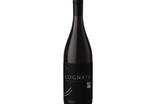








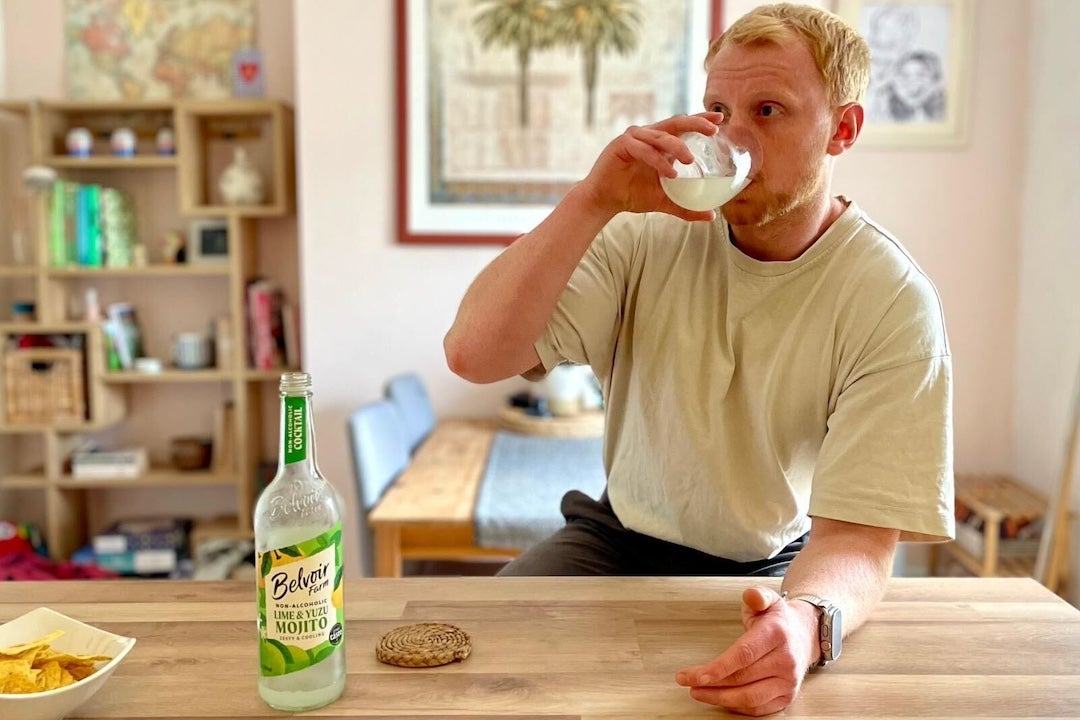
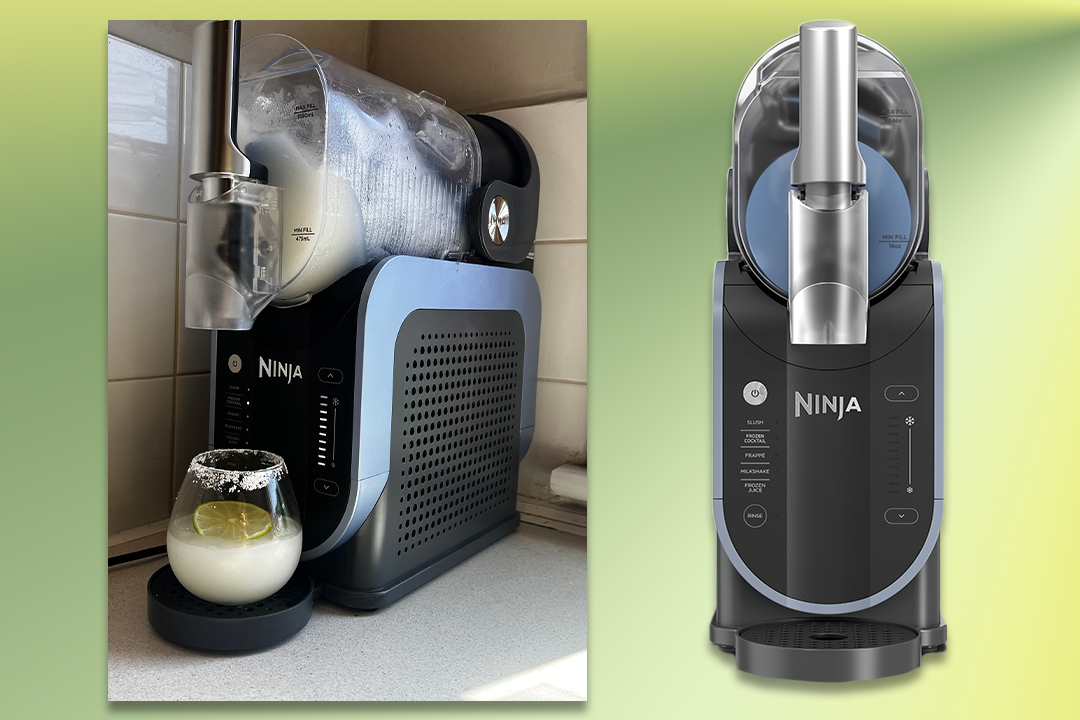
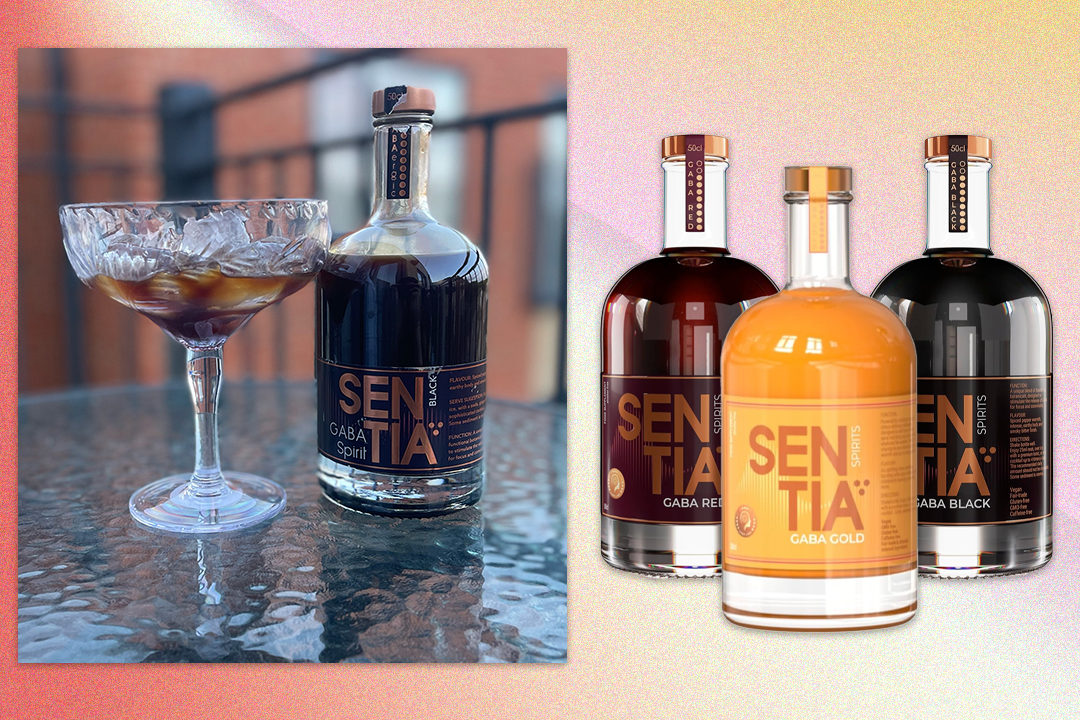
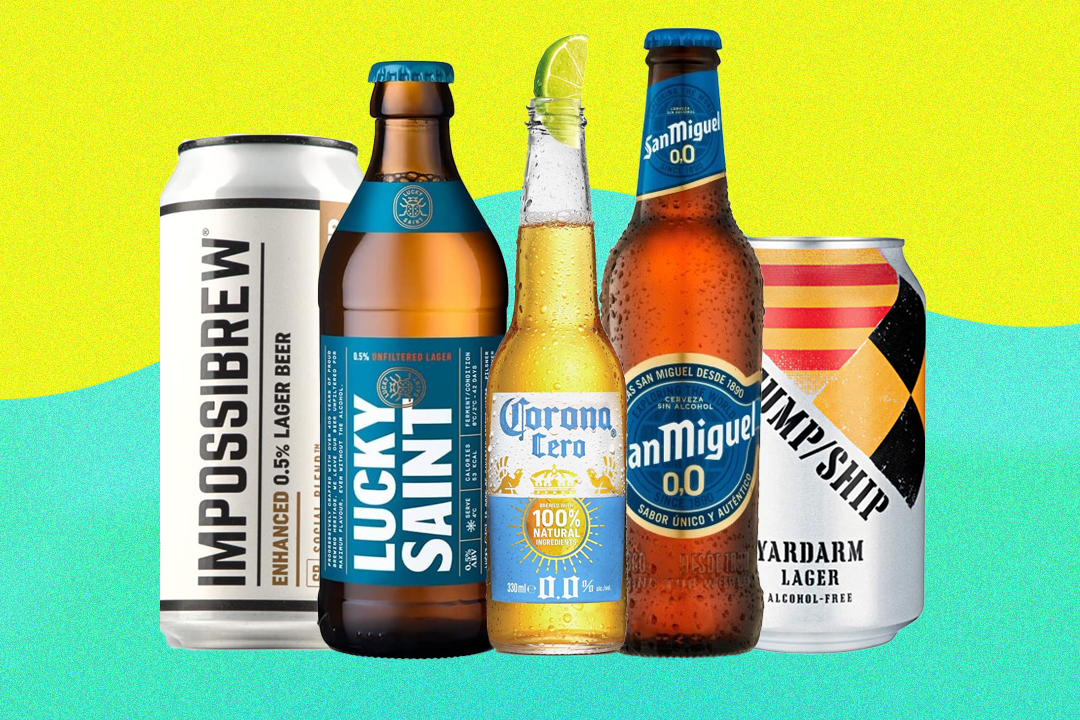
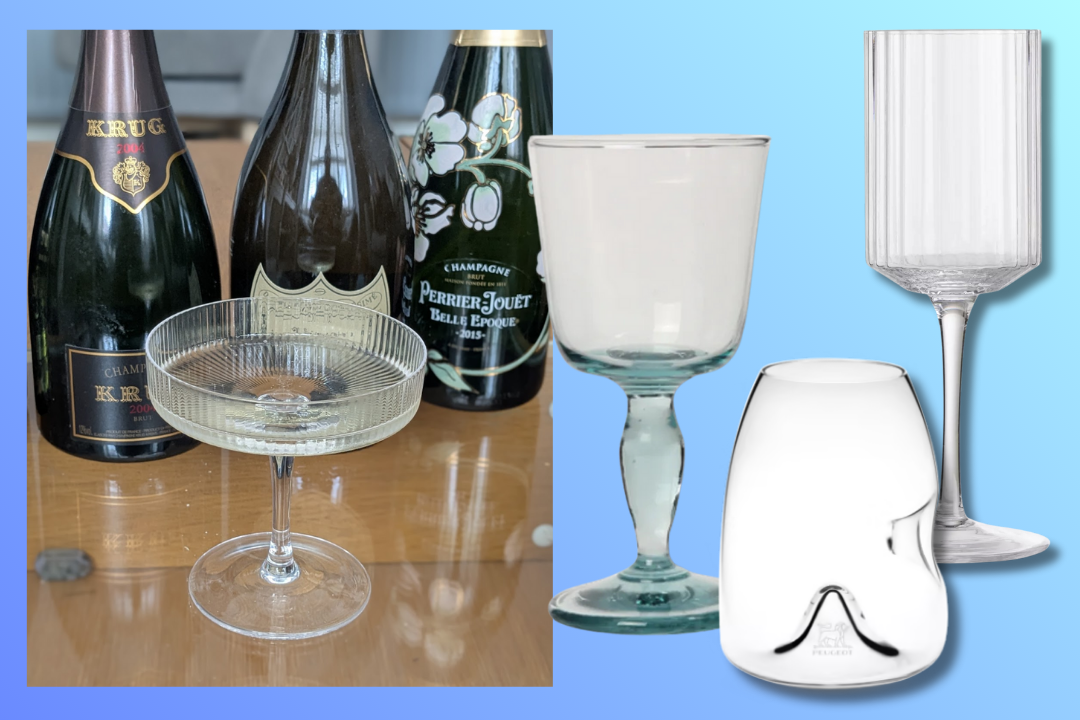
Bookmark popover
Removed from bookmarks